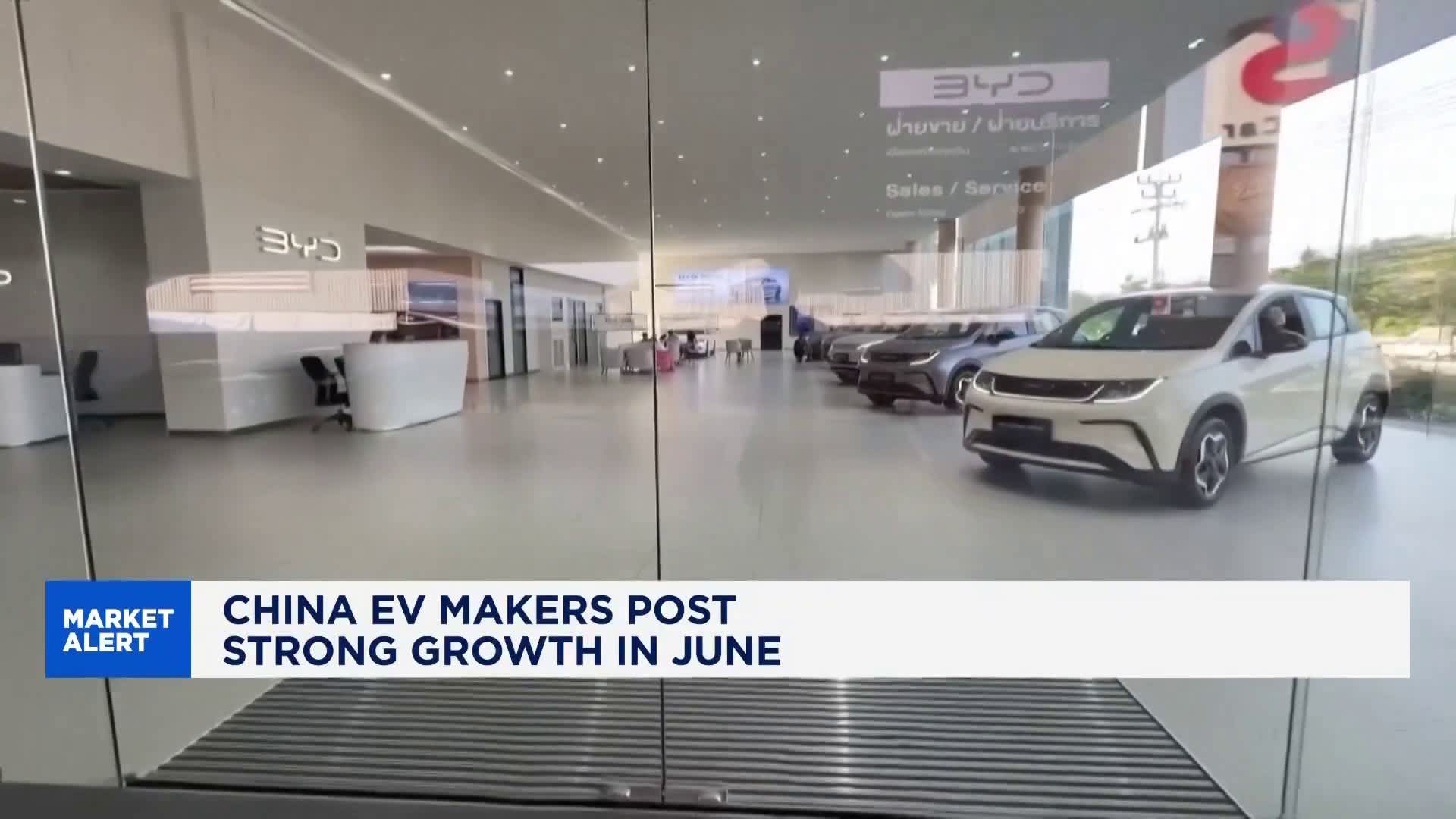Tesla Faces Intensified Competition in China’s Booming EV Market

As the electric vehicle (EV) market in China continues to expand at an unprecedented rate, Tesla finds itself facing increasing competition from local manufacturers. This shift comes amid a broader push by the Chinese government to promote sustainable energy solutions and reduce carbon emissions.
In recent months, several Chinese automakers have launched new models that directly compete with Tesla’s offerings. Companies like NIO, XPeng, and BYD are not only matching Tesla in terms of technology and design but are also undercutting on price, making them attractive to a broader segment of Chinese consumers.
The Rise of Chinese EV Manufacturers
The Chinese EV market has been growing rapidly, fueled by government incentives and a strong consumer interest in sustainable technologies. According to industry reports, China is now the largest EV market in the world, accounting for more than half of global sales.
Local manufacturers have been quick to capitalize on this trend. NIO, often dubbed the “Tesla of China,” has seen its sales soar with the introduction of its ES6 and ES8 models. Meanwhile, XPeng’s P7 sedan has been praised for its advanced autonomous driving features, which rival those of Tesla’s Autopilot.
“China’s EV market is not just about cars; it’s a race for technological supremacy,” said Li Auto CEO, Li Xiang.
Government Support and Consumer Trends
The Chinese government’s commitment to reducing pollution and fostering innovation has been a significant driver of the EV market’s growth. Subsidies for EV purchases and investments in charging infrastructure have made it easier for consumers to transition to electric vehicles.
Moreover, Chinese consumers are increasingly prioritizing technology and sustainability in their purchasing decisions. A survey by McKinsey & Company found that over 70% of Chinese car buyers consider environmental impact a crucial factor in their decision-making process.
By the Numbers: China’s EV market is projected to grow by 40% annually over the next five years, according to BloombergNEF.
Challenges and Opportunities for Tesla
While Tesla remains a popular choice among Chinese consumers, it faces several challenges. The company’s reliance on imports for certain components has made it vulnerable to supply chain disruptions and tariffs. Additionally, the increasing sophistication of local competitors means Tesla must innovate continuously to maintain its market position.
However, Tesla’s brand recognition and reputation for cutting-edge technology provide significant advantages. The company’s Gigafactory in Shanghai, which began production in 2019, allows Tesla to produce vehicles locally, reducing costs and improving supply chain efficiency.
“Tesla’s challenge is to stay ahead in a market that’s evolving rapidly,” said automotive analyst, Zhang Wei.
Looking Ahead: The Future of EVs in China
The competition in China’s EV market is expected to intensify further as more players enter the field. Startups and established automakers alike are investing heavily in research and development to create the next generation of electric vehicles.
For Tesla, this means a continued focus on innovation and customer experience. The company has announced plans to expand its Supercharger network in China and introduce new models tailored to local preferences.
As the global automotive industry moves toward electrification, China’s role as a leader in this transition is undeniable. The developments in this market will likely influence global trends and set the standard for future EV innovations.
In conclusion, while Tesla faces significant competition in China, the opportunities for growth and innovation remain vast. The company’s ability to adapt and innovate will be crucial in maintaining its leadership in the world’s most dynamic EV market.






